Bringing a new cat home is exciting, but also requires careful planning. If you have other cats or dogs or your new cat has anxiety issues, then it can be a lot to keep on top of. We’ll go through 19 important things to remember when introducing a new cat to your home.
Thinking About Your Current Pets’ Attitudes

CNN suggests that “cats are territorial by nature,” so “introducing a second feline companion should be approached gradually and with care.” If you already have a cat at home, you should check how well it gets along with other cats. For other animals, see if they behave aggressively towards cats or are scared of them.
Handling Introductions

With cats, introductions need to be taken slowly. Introducing your new cat to other cats or animals in the home gradually can stop any catfights or disagreements among your pets. Scent swapping is an excellent start – you rub items (like socks) on each cat and introduce them to each animal separately.
Choosing The Right Cat

It may sound harsh, but some new cats just won’t be a good fit in your current household. Their temperaments, ages, and genders can affect how well they get along, as well as how active they usually are. For example, female cats often don’t mix well with each other.
Making Your Home Safe
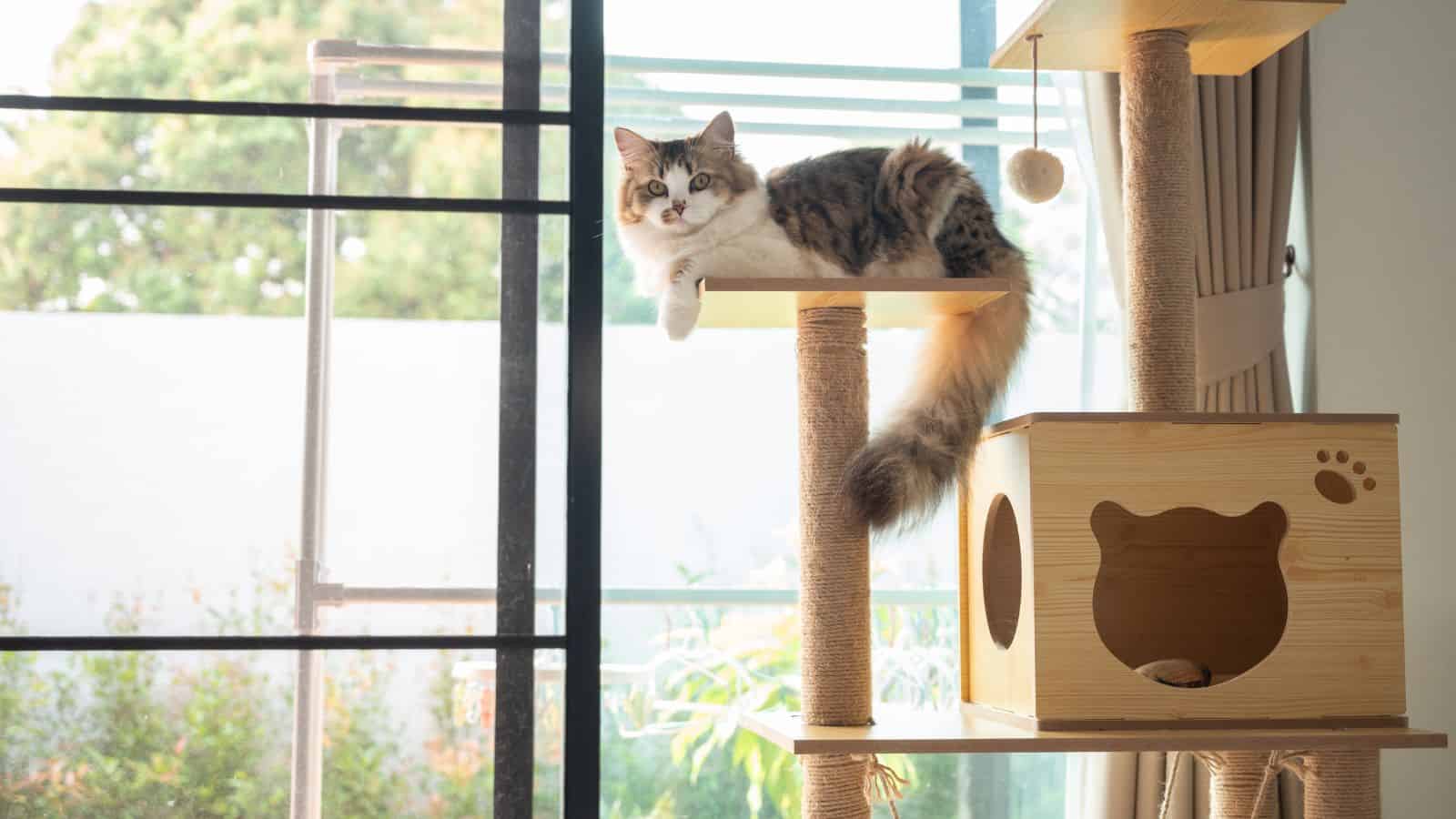
You will need to make your house safe and welcoming. You may want to separate your new cat from your other pets, and you should get rid of anything dangerous. Your new cat needs places to rest, a litter box, and food and water bowls nearby.
Focusing On Scents

Scent-swapping is usually not a one-time thing for a new cat. Cats Protection recommends to “repeat the process until your pets show no reaction to the smell,” so you’ll need to be patient. Spreading all of your pets’ scents around the house, or scent mingling, can also help.
Making Good First Impressions
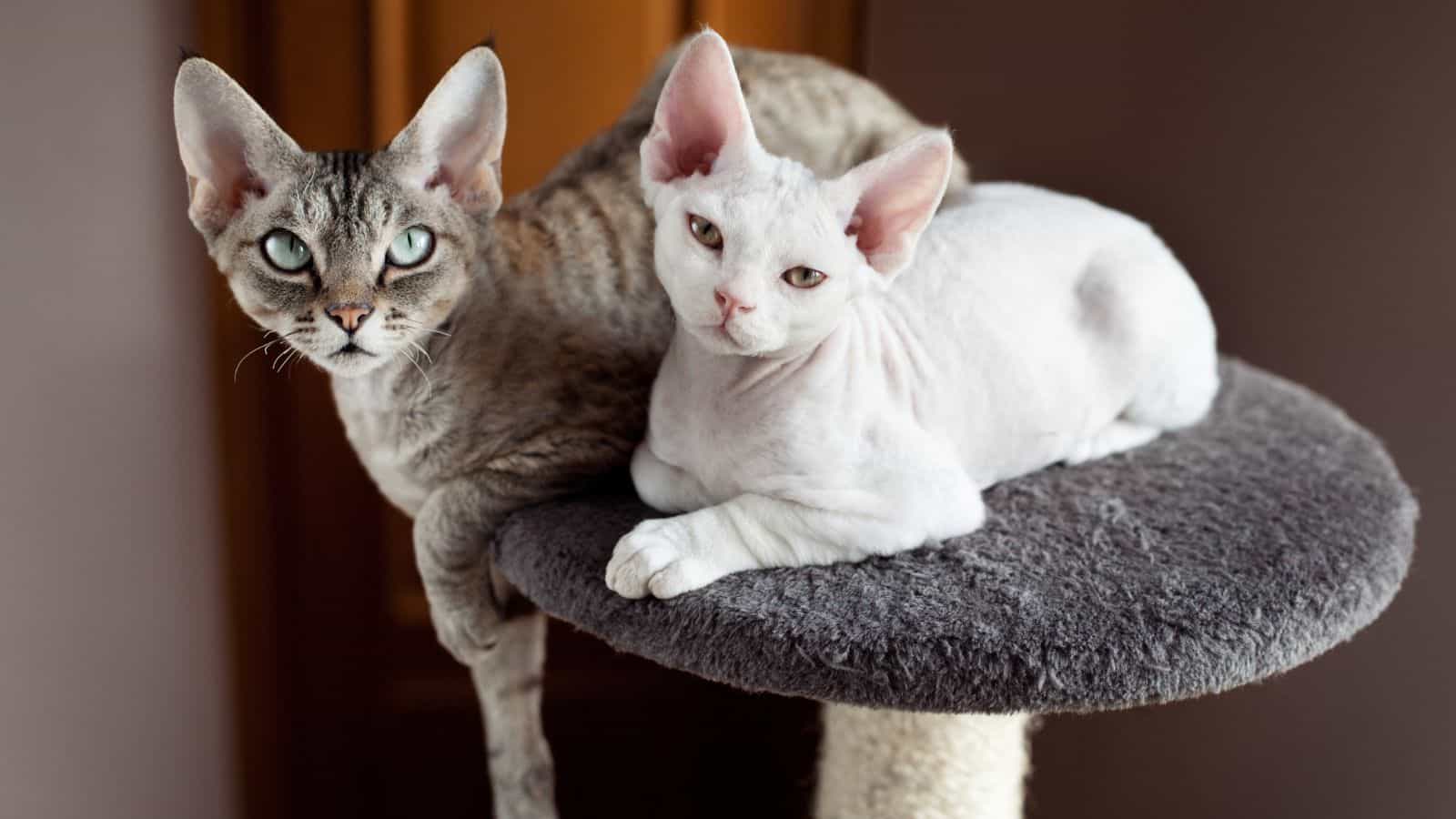
The first time your new cat sees your other cats or pets can be a nerve-wracking experience. However, if you make sure that their first meetings are short and keep an eye on body language to check if they’re stressed, then you’re going in the right direction.
Checking On Your New Cat’s Health

The last thing you want to do is spread diseases between your new cat and your current pets, so make sure that a trip to the vet happens before you bring your new cat home. Your new cat will need to be vaccinated and looked over for parasites and other illnesses.
Watching Out For Jealousy

Unfortunately, some cats can be quite territorial and jealous when a new cat comes into their home. Don’t forget about your current cat because of your new arrival – make sure everyone is getting equal amounts of love and affection. Aggression and clinginess are both common signs of a jealous cat.
Remaining Patient

Not every cat will adapt to a new home quickly, and if you’ve rescued a cat from a shelter or other difficult circumstances, they may be more wary and cautious. Don’t force your new cat to spend lots of time with your other pets before they’re comfortable.
Creating A Safe Space

According to The Spruce Pets, a good way to make your new cat feel more at home is “to set up a ‘safe room’ in your house,” especially for “kitties coming from hectic shelter or rescue environments.” Even after introductions, your cat will appreciate a space to destress in private.
Being Careful With Mealtimes

Food aggression is a common issue with jealous or territorial cats, especially when there’s a newcomer in the house. You should start by feeding your cats in separate areas or at different times, and then slowly move their food bowls closer to each other and line up their mealtimes if everything goes well.
Keeping Up With Playtime
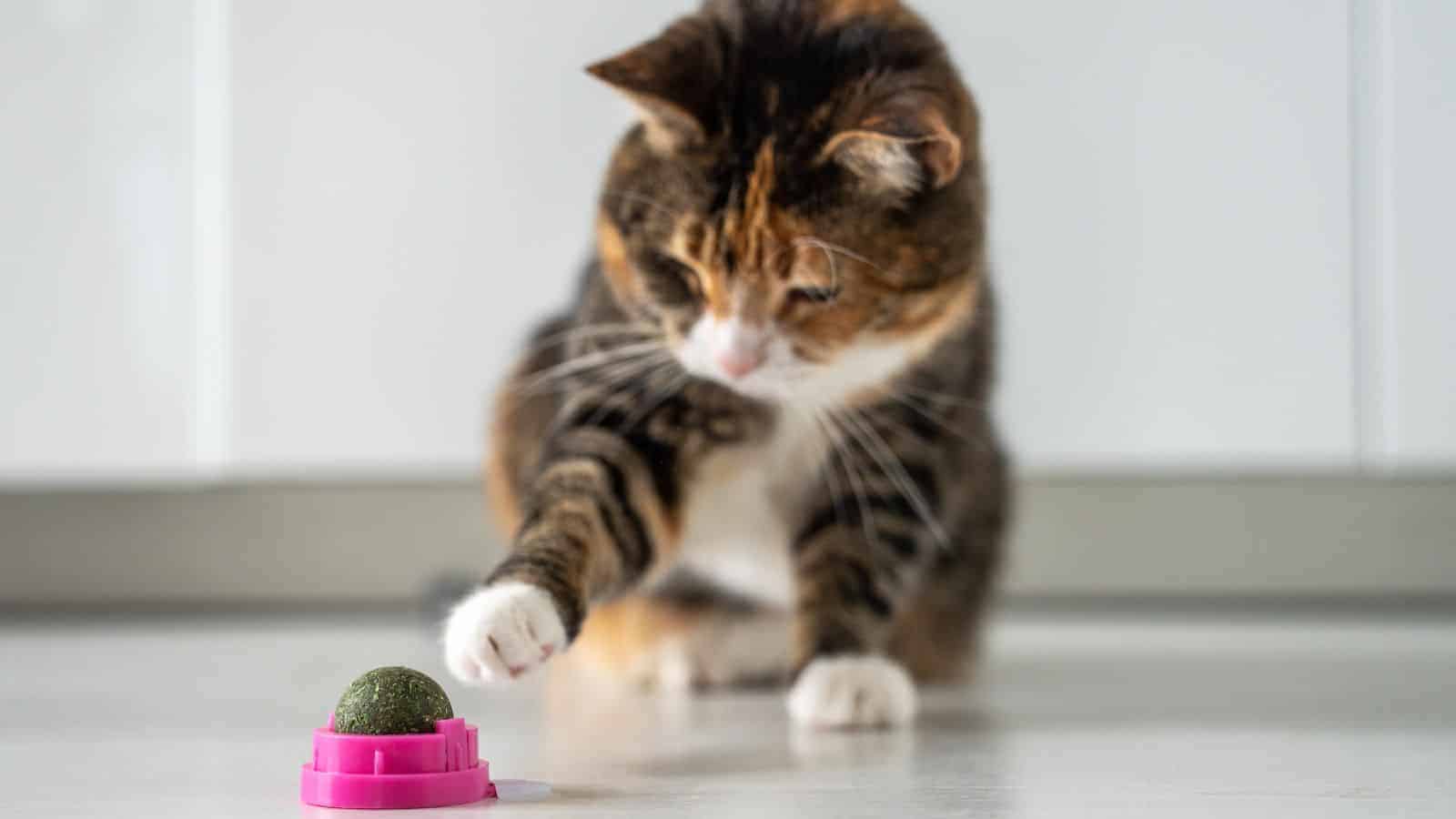
As well as mealtimes, you need to keep on top of playtimes. When your new cat is playing with other pets, you should stay nearby and make sure no one is getting too aggressive. Some toys are great for helping your pets bond, like treat puzzles and balls.
Using Multiple Litter Boxes

You might think that one litter box is enough for two or more cats, but that’s actually a really bad idea. Your home should have at least one litter box per cat, and ideally an extra one as well. They should be in quiet areas of your home, like bathrooms or laundry rooms.
Looking Out For Behavior Changes

Even if you think that your new cat has successfully bonded with your other pets, you shouldn’t let your guard down. The first few weeks of a new cat being in the home can be unpredictable. If you can’t physically be there, a nanny cam or baby monitor might be helpful.
Managing Difficult Times
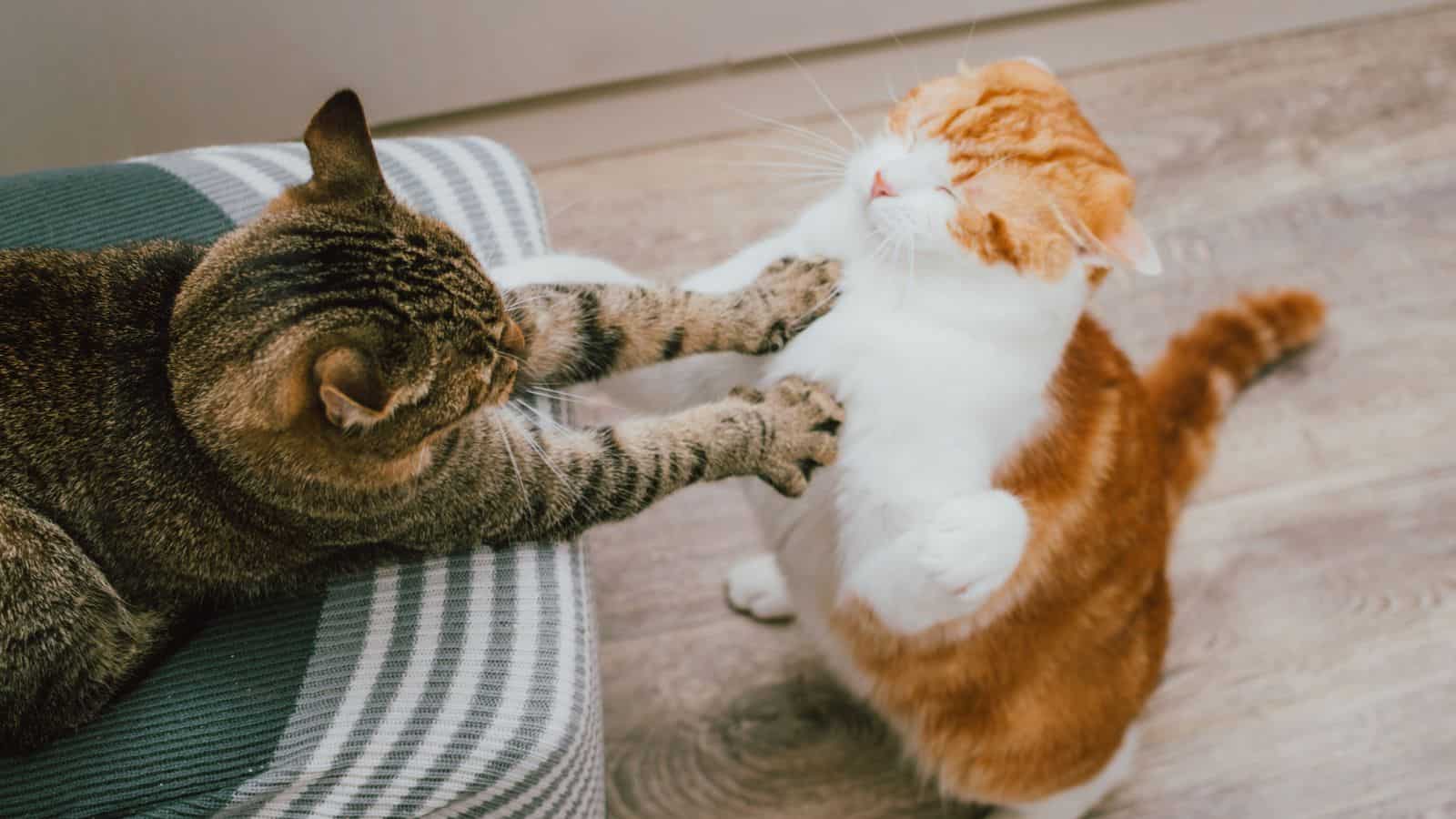
Your new cat might have a hard time settling into your home at first, but a couple of setbacks don’t mean that the introduction has been a complete failure. You can always try methods like separating the animals and scent-swapping several times before your new cat has comfortably settled in.
Thinking Long-Term
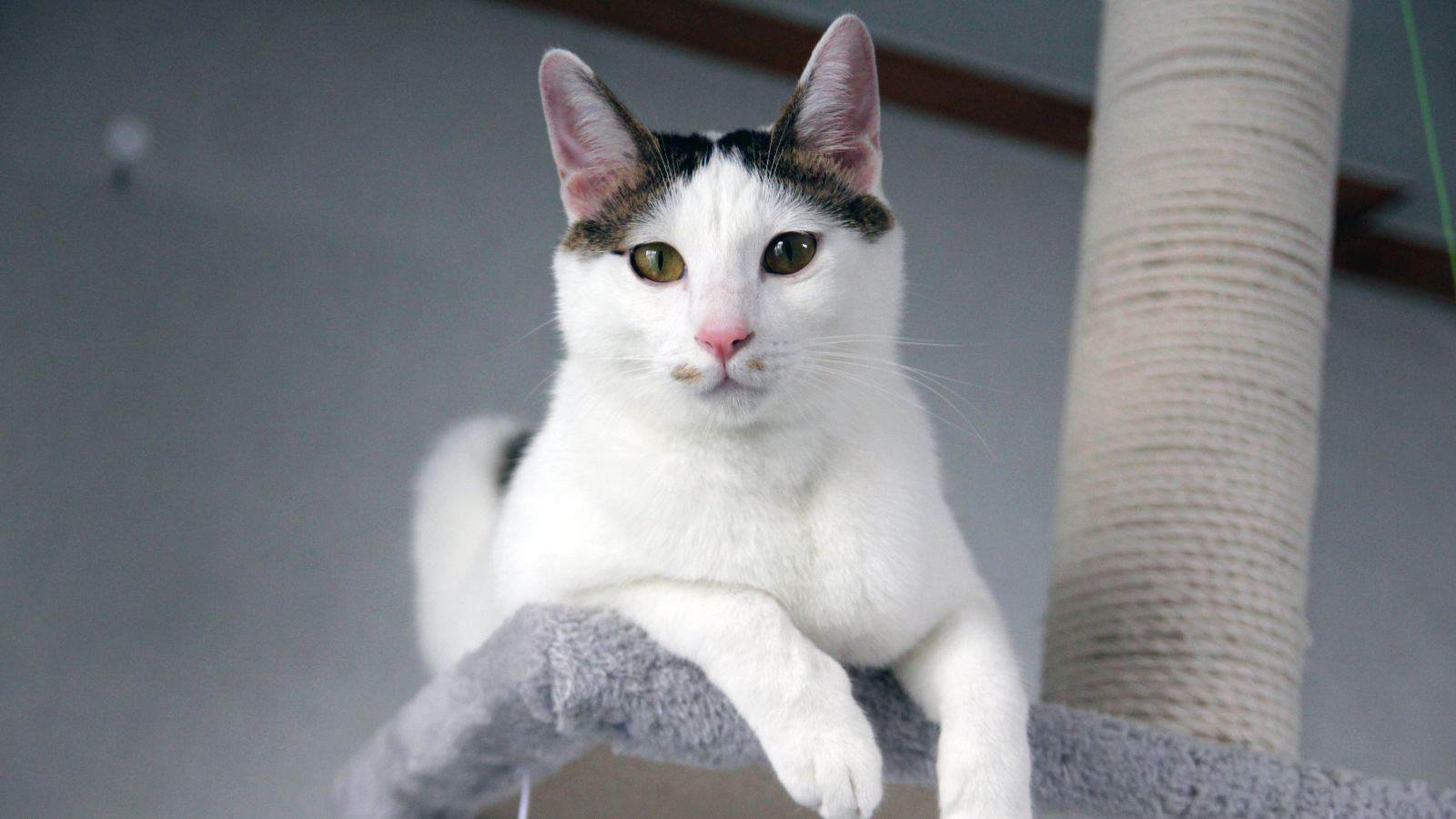
Once your pets are all on friendly terms with each other, you might think that your job is done. But you should always be mindful of how your new cat is interacting with your other pets, and keep making gradual changes as those relationships develop and change.
Knowing When To Ask For Help

Sometimes, you’ve tried everything you can on your own, but it’s time to call in a professional. The RSPCA states that if stress symptoms “become an ongoing problem, speak to a vet or clinical animal behaviorist.” You’ll be able to get professional advice on how best to support your pets in the best way.
Establishing A Routine
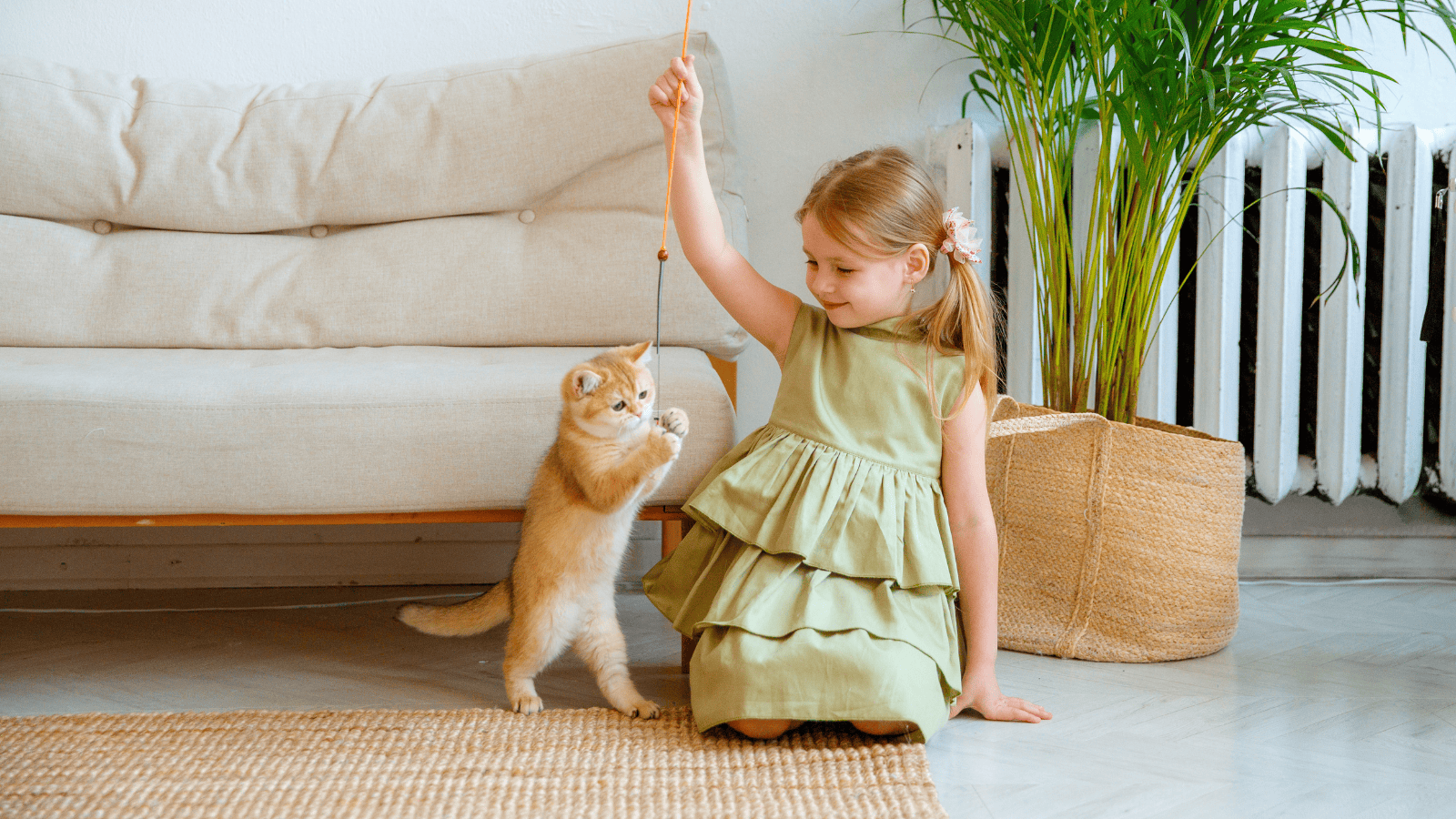
Cats are happiest when they have a predictable, everyday routine to follow. Make sure that their mealtimes and playtimes are fairly consistent from day to day, and make any changes slowly so that your cats have time to adjust. Sudden disruptions in the routine could cause your pets a lot of stress.
Treating Everyone Equally

The best way to avoid jealousy is to understand your cats and what they enjoy. Every cat will have unique likes, dislikes, and needs, and it’s your job to spend enough time individually with each pet so that they don’t feel neglected. Seeing a new cat get more attention can cause jealousy.
Watching Over Outdoor Time

Going outside can be really beneficial for your cats, but it can also be dangerous if a housecat gets out accidentally. They could encounter dangerous animals outside or escape from your home. Supervising outdoor time is usually best to keep your cats safe, and it’s a good idea to secure any routes that lead outside.
Up Next: 19 Completely False Things About America That Foreigners Think Are True

The U.S. is arguably the most famous country in the world, and people from far-off places often know our flag and president’s name! However, a lot of media coverage and exported movies mean plenty of opportunities for misunderstanding and stereotyping. Here are 19 false assumptions non-Americans often make about ‘the land of the free!’
19 Completely False Things About America That Foreigners Think Are True
20 Loyal Dog Breeds That Will Never Leave Your Side

Since early humans first fed a wolf around a campfire, dogs have been our constant companions and are renowned for making strong bonds with their owners. But which specific types of dogs make the most loyal and devoted pets? This article describes the 20 most unwaveringly loyal canine breeds and the characteristics that make them the ultimate ‘ride or die’ pets!
20 Loyal Dog Breeds That Will Never Leave Your Side
18 Reasons Older Men Say ‘Nope’ To Relationships

Older men embrace being alone and generally prefer spending time in solitude. They’ve had a full, so don’t criticize them for being less social! The following 18 reasons explain why older men prefer to be alone and are redefining how they experience their retirement years.
